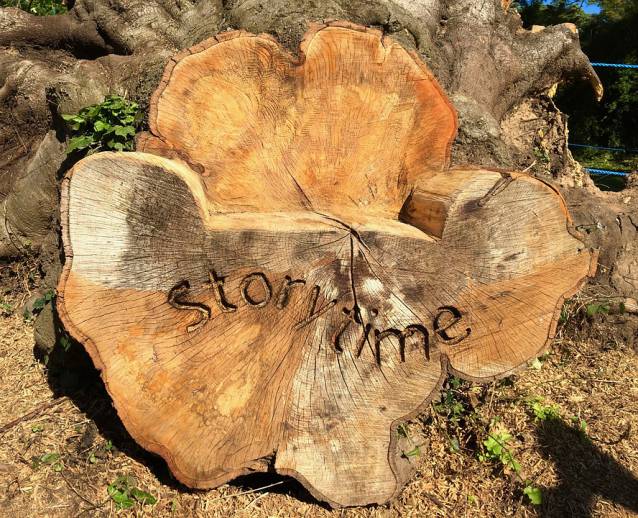Storytelling is an interesting art, one that transcends boundaries of age, gender or nationality. Everyone loves to hear a good story. In the literal sense of word, storytelling means reading out stories or narrating an incident from memory in a way that interests the listener. A good storyteller can compel his audience to pay attention to what he is saying, momentarily ruling their senses.
However, surrounded by gadgets as we are today, more and more people are forgetting the joy of listening to a well-told story. Children and teenagers spend more time with televisions, mobiles, laptops and gadgets of every make and kind. As a result they are armed with a lot of information, which needs to be channelized correctly. Storytelling can greatly assist in this. Here we look at some of the benefits of storytelling for teenagers.
- Enhances imagination power – During a story narration, the listener can “see” the story – the plot, the setting, the characters, their actions and its effects. This boosts their capacity to think vividly, which can then be harnessed to sensitize them about things that occur around them or could have happened to them.
- Provides exposure to different cultures – A wide range of stories helps young adults understand different cultures and lifestyles. It helps them analyse and understand the ways of life of other people and at the same time develop respect for it.
- Helps learn about society – Through stories, they learn what is good and what is bad; what is accepted behaviour; what will be appreciated and which acts must be avoided. They learn the ways of society and the accepted norms. Storytelling can not just assist them in learning to differentiate between right and wrong, but also deciding what is right and wrong.
- Develop EQ – Teenagers have a tendency to be more self-centered than other age groups. Storytelling helps in developing their understanding of emotions as they connect with the characters in the stories. When they understand emotions, they tend to respect other people’s feelings.
- Creates better listeners – Being a good listener is the foundation of every successful person. Storytelling increases listening capacity and helps develop the power to concentrate for longer periods of time.
- Encourages active participation – Storytelling sessions help teenagers open up in front of others and become more confident. It is important that teenagers are encouraged to participate in group events as it enhances their communication and makes them better team players.
- Encourages cooperation between friends – Storytelling creates a feeling of cohesiveness and oneness among the participants as they are not competing against each other during a storytelling session. They experience similar emotions and thus feel connected to one another.
- Fosters optimism – Children who regularly attend storytelling sessions develop an eye for finer things in life. They become more observant to their surroundings and start noticing the small but beautiful things around us. For instance, an ant trail in some corner of the house or a chirping bird among honking cars. Unknowingly, they develop a positive aura around themselves. Teenagers require this optimism more than anyone else.
- Helps become better planners – Storytelling is an art of “painting” the big picture in mind and then present it to the reader in a way that it continues to hold listener’s attention. All this requires accurate planning. Regular listeners can pick this art of planning and apply in day-to-day situations.
Teenage years are when a person is at their sensitive best. These are also the years that shape their future. Storytelling can be used as an effective tool to positively influence teenagers. With the right kind of stories, a model path can be laid in front of them, turning them into better, more socially responsible human beings.

